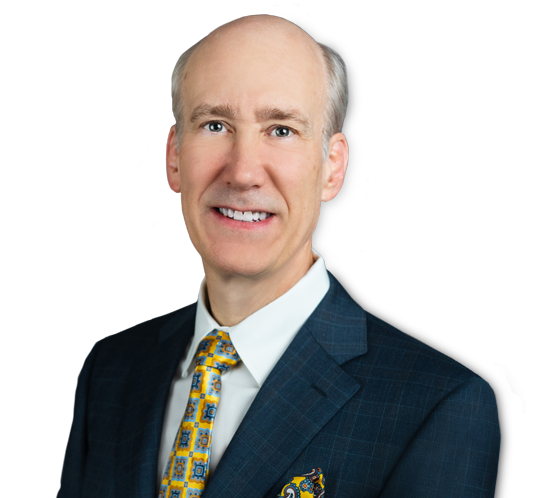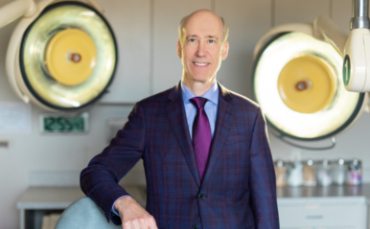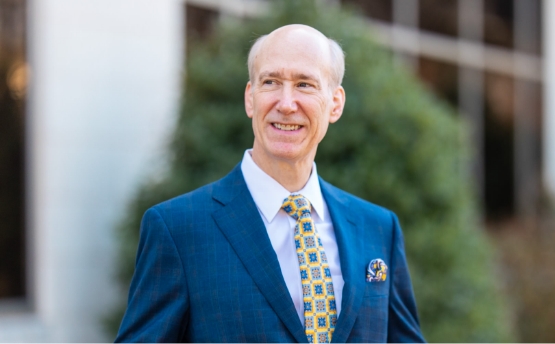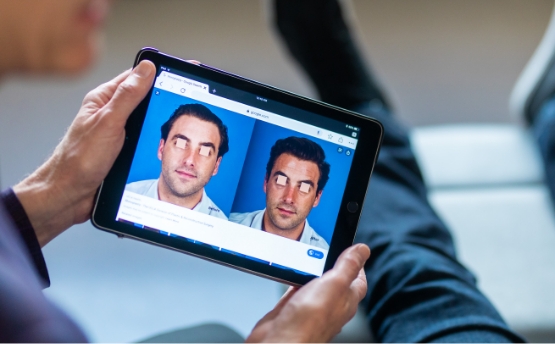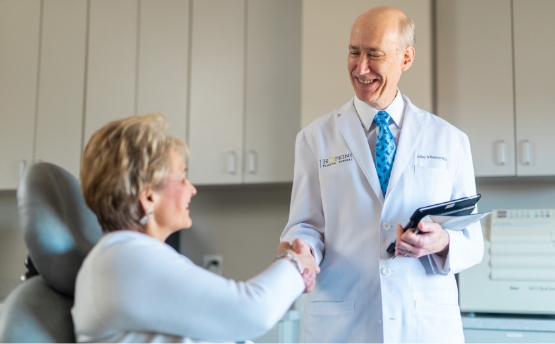 Thousands of men in the Dallas area suffer from gynecomastia. And it’s not a fun condition to have. Men who have gynecomastia often avoid swimming without a shirt, avoid intimate situations with their partner, and wear shirts that are oversized in hopes of hiding their larger breasts. Clearly this condition goes beyond the physical problems and effects most men emotionally. If you are suffering from gynecomastia, but don’t know how or why you of all people ended up with larger breasts, keep reading to learn a bit more about what causes this condition and how Dr. Hopkins can help.
Thousands of men in the Dallas area suffer from gynecomastia. And it’s not a fun condition to have. Men who have gynecomastia often avoid swimming without a shirt, avoid intimate situations with their partner, and wear shirts that are oversized in hopes of hiding their larger breasts. Clearly this condition goes beyond the physical problems and effects most men emotionally. If you are suffering from gynecomastia, but don’t know how or why you of all people ended up with larger breasts, keep reading to learn a bit more about what causes this condition and how Dr. Hopkins can help.
Gynecomastia
According to the American Society of Plastic Surgeons, gynecomastia is a condition of over-
developed or enlarged breasts in men that can occur at any age. If you’re a Dallas man and you are unsure if you actually have gynecomastia, the following are some classic signs of the condition:
- You have extra fat in the breast area
- Your glandular breast tissue is over-developed
- You have excess breast skin
- One or both of your breasts are affected
Why Do I Have Gynecomastia?
Gynecomastia is caused when there is a decrease in the amount of testosterone compared with the amount of estrogen in the body. There are many different conditions that result in this hormonal imbalance, including:
- Natural Hormonal Changes
Everyone experiences hormonal changes throughout their lives. Gynecomastia can occur in teens during puberty when their hormones are in high gear. For many teens who experience gynecomastia, their swollen breast tissue is only temporary and will subside on its own, without treatment. For men in their late 50s and 60s, gynecomastia can occur because of a new change in hormones. But whether you started experiencing this condition in your teens, or near retirement, Dr. Hopkins can help by performing male breast reduction to remove the excess skin, fatty tissue, and glandular tissue.
- Medications, Recreational Drugs, and Alcohol
Alcohol use, some medications, and recreational drugs can all lead to gynecomastia in Dallas men. Some of the medications that can lead to this condition include:
- Anti-androgens
- Anabolic steroids and androgens
- AIDS medication
- Anti-anxiety medications
- Tricyclic antidepressants
- Some antibiotics
- Ulcer medications
- Cancer treatment
- Heart medications
- Gastric motility medications
Recreational drugs and other substances can also be a factor in the development of gynecomastia. Including:
- Alcohol
- Amphetamines
- Marijuana
- Heroin
- Methadone
If you began noticing characteristics of gynecomastia only after you began a medication, started taking recreational drugs or began drinking heavily, your case of this condition could be the result of those decisions. Speak with Dr. Hopkins about the different medications you are on and be honest with him about any drug or alcohol addictions you have during your consultation at J. Hopkins Plastic Surgery.
- Medical Conditions
When men in the Dallas area have health conditions that affect their hormone balance, the result may be gynecomastia. Some of the medical conditions that can trigger gynecomastia are:
- Hypogonadism
- Tumors
- Hyperthyroidism
- Kidney Failure
- Liver Failure or Cirrhosis
How Dr. Hopkins Can Help
For men who have been diagnosed with gynecomastia, Dr. Hopkins can help by performing gynecomastia surgery, which is medically known as reduction mammaplasty. This surgery reduces the size of the breast or breasts, flattens the chest, and contours the chest to create a more masculine appearance.
Call his Dallas office today at (972) 298-6641 to schedule an appointment at J. Hopkins Plastic Surgery so you can be on your way to a more confident you.
